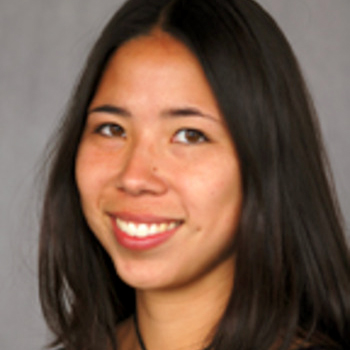 |
June 15, 2012Rika Anderson, University of WashingtonViral Manipulation of the Genetic Landscape of Deep Subsurface Microbial Communities |
Abstract
Viruses constitute the most abundant biological entities on the planet. As such, they are key players in both top-down and bottom-up processes in structuring microbial communities, and can influence the evolutionary trajectory of their microbial hosts through manipulation of host genetic content and expression. We are interested in understanding the viral impact on the evolution and adaptation of the potentially vast microbial populations inhabiting the deep subsurface biosphere. I will place a specific focus on subsurface habitats connected to hydrothermal systems, in which constant fluid flux, dynamic environmental variability and extremes in temperature and pH may select for increased adaptability, which viruses may provide through the processes of horizontal gene transfer and lysogenic conversion. I will discuss metagenomic tools we have developed to assess the nature and impact of the viral community in hydrothermal systems, and discuss ongoing comparative metagenomics studies to determine whether viruses are transferring genes between archaeal and bacterial hosts. Through this, we hope to gain some insight into the nature of virus-host coevolution in these subsurface hydrothermal habitats.
Speaker Biography
Rika Anderson is an upper-level graduate student in the laboratory of Dr. John Baross in the School of Oceanography and Astrobiology Program at the University of Washington, Seattle. Her research interests include viral and microbial ecology and evolution, astrobiology, the origin and early evolution of life, and exploring the mechanisms of evolution in extreme environments.

